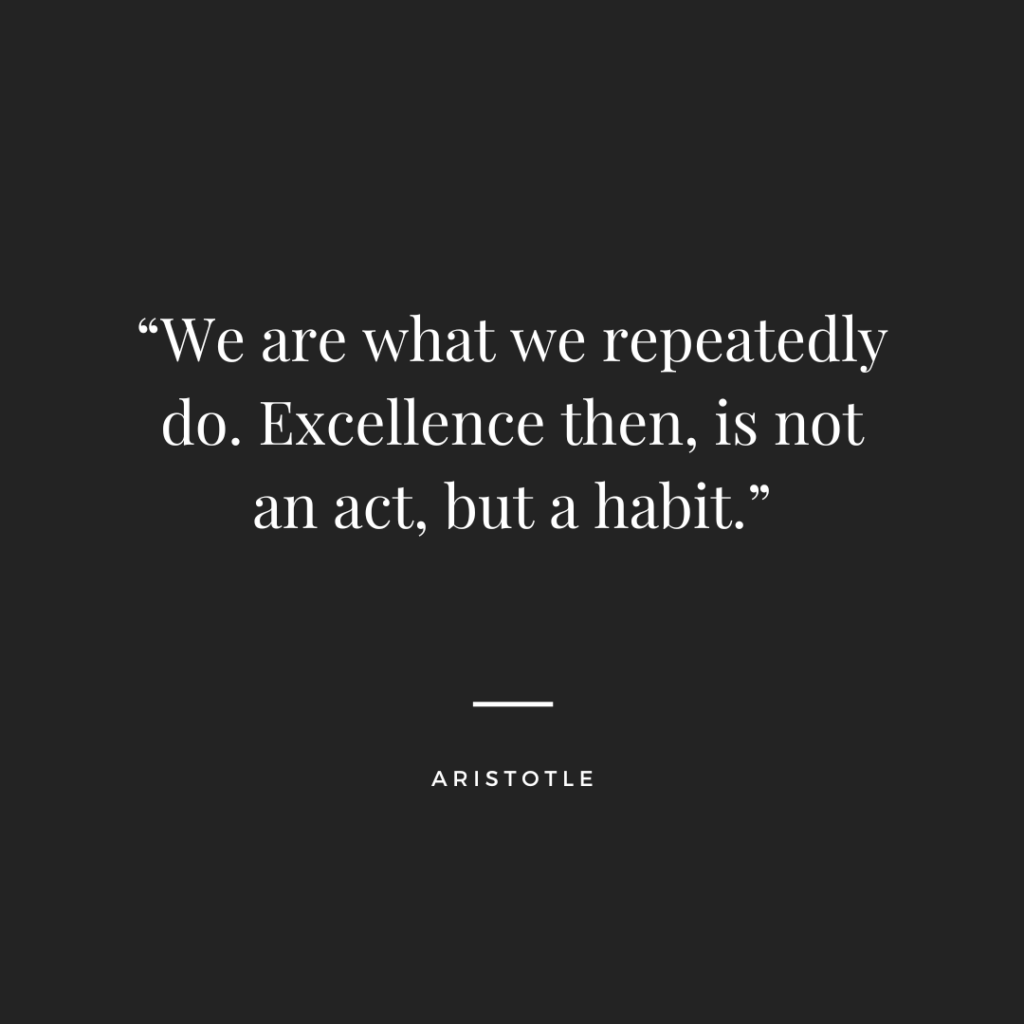From the CNBC website, Boeing CEO Dave Calhoun said the company acknowledges “our mistake,” after a door plug on a 737 Max 9 blew out in the middle of an Alaska Airlines flight, creating a gaping hole in the fuselage and prompting a grounding of that aircraft type by federal regulations. [fortunately, no one was ejected from the aircraft]
“When I got that picture [of the Alaska Airlines 737 Max 9], all I could think about — I didn’t know what happened to whoever was supposed to be in the seat next to that hole in the airplane,” Calhoun told Boeing staff during an all-hands meeting Tuesday, according to remarks shared by Boeing. “I’ve got kids, I’ve got grandkids and so do you. This stuff matters. Every detail matters.” [the panel was not properly secured and the pilots failed to diagnose the problem despite several cabin pressure warnings on previous flights]. This is an example of the consequences of poor safety and inspection habits.
A cynical person might conclude that a Boeing 737 is not a valid comparison to the dangers of a loaded semi-truck traveling at highway speeds in a congested area. I disagree. The potential for loss of life involving a semi is much higher and is proven by highway fatalities. In 2022 nearly 47,000 people died in the United States, and about 10% of these crashes involve Trucks. For Truck Drivers, it is critical to understand the potential for loss of life, injury, and property damage, take the necessary precautions, and develop the right safety attitude. This begins with genuine and routine inspections.
Importance of Routines in Trucking
Safe driving is essential for arriving at your destination without incident. Unfortunately, many factors can make your daily driving experience stressful and unpredictable. The good news is that by implementing a consistent daily routine, you can maintain a sense of confidence, calm, and control.
One of the most important elements of your routine should be trip inspections. This involves performing a complete and genuine (1) pre-trip inspection at the start of the day, a (2) walk-around inspection every time the vehicle is parked, and a (3) post-trip inspection at the end of the day. By following this regimen, you can maintain your equipment and prevent roadside breakdowns and crashes.
Another crucial aspect of your routine should be trip planning. This involves checking your route, paperwork, weather, and any potential hazards. By planning ahead of time, you can avoid unexpected delays and detours, which can help you stay on schedule and avoid unnecessary stress.
Having routines is crucial, but it’s equally important to avoid rushing through them. Cutting corners during your pre-trips and trip planning can lead to many issues such as late deliveries, breakdowns, and severe accidents. Stop taking shortcuts, follow your same routine.
